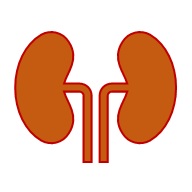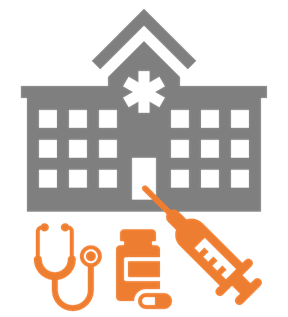Fasting is an eating pattern during which you refrain from consuming any sustenance for an extended period of time. A fast usually lasts from 12 to 40 hours, but some types continue for days at a time. In some cases, water, coffee, and other calorie-free beverages are allowed during the fast, but no solid foods or calorie-containing drinks are permitted. You may eat a little very restricted type of vegetarian food or herbs for prolonged fasting. If you consider fasting, you get to know the downsides of fasting.
Continue reading “The Downsides of Fasting”Tag: Julia H. Sun
The Danger of Energy Healing and Meditations
Many people have seen or heard of energy healing, qigong, mindful meditations and how powerful they are to heal illnesses. More and more people in the U.S.A. practice or receive energy healing and there are more energy masters than ever. But unfortunately, many don’t realize that if these exercises are not practiced right, serious and dangerous effects can happen. After hearing and seeing people suffering from the negative side effects of energy healing on social media and in person, I feel that I’m obligated to write a post to inform people of the potential illness effects.
Continue reading “The Danger of Energy Healing and Meditations”Why are you so ill?
This is sad a few weeks for me:
- The husband of a close friend passed away.
- The husband of a lady in our healing group passed away.
Both died at a young age: 61 and 58 respectively. The first one died of cancer while the other from heart attack.
After numerous accounts of people near me passing away or suddenly falling ill, I feel that I’m obligated to write a post to warn people to care for their health now and in the right way to prevent this from happening to them.
The people from western countries used to have the reputation of strong and healthy bodies in the world. But now things are totally changed: the majority of them, especially those from the US and UK, are overweight, fatigued, ill, or even bedridden. What’s going on? It’s much more than just about the diet, exercise, and mental health. They:
Continue reading “Why are you so ill?”Marijuana: Should We Use It?

Should we use marijuana as medicine or for recreation? What is the effect of marijuana on our body? What is the truth about the dangers of marijuana?
Marijuana Use: the History and Today
Is Marijuana Just Like Alcohol and Tobacco?
How Poisonous Is Marijuana?
Is Marijuana an Herbal Medicine?
HOW WE CAN HELP?
The Ultimate Key to a Long Life
There are many good reasons why the over 130-year-old Chinese lady Alimihan Seyiti (6/25/1886-) lived such a long, happy, and healthy life.

Can You Cure Your Illness Even When Doctors Simply Can’t ?
I often hear people say:
“If doctors cannot even cure the disease, I cannot do anything about it.”
“If I could do it myself, what are the doctors for?!”
“The World Health Organization believes the disease is incurable. We can do nothing but seeking emotional support to live with the disease.”
How to Conquer Chronic Fatigue, Control Weight, and Heal Any Illnesses?
Are you tired all the time? Do you feel like all the energy has been sucked out of your life?
When our bodies do not produce enough or the right kinds of energy, we suffer from fatigue and loss of vitality, even though we may not have an identifiable illness in Western medicine. This loss of vitality keeps us from being all we can be and should be. Creating and managing our body’s energy is essential to long-term health. When our body or part of the body is seriously depleted of its energy, disease strikes; when our body can no longer create energy, we die. Continue reading “How to Conquer Chronic Fatigue, Control Weight, and Heal Any Illnesses?”
Money Cannot Buy Your Health!

Many people believe that wealth can buy health. But the following real-life stories suggest otherwise:
Continue reading “Money Cannot Buy Your Health!”7 Ways to Care for Your Kidneys

- Eat foods that nourish the Kidneys. for almost everybody, both men and women, Chinese yams are the best food for the Kidneys. They nourish the Kidneys, as well as help with lower back pain. Another food good for the Kidneys is chestnut. If you have Kidney problems, do not have raw, cold, very spicy, oily foods or drinks, such as cucumbers, watermelons, persimmons, ice water, spicy chili, and deep-fried foods.
The People Eating Out Every Day Vs. the Homeless

Are you still eating out at fast food or other restaurants every day or even every meal?
Too many articles to read now regarding poisonous chemicals or other non-food items served at these popular restaurants: Continue reading “The People Eating Out Every Day Vs. the Homeless”



